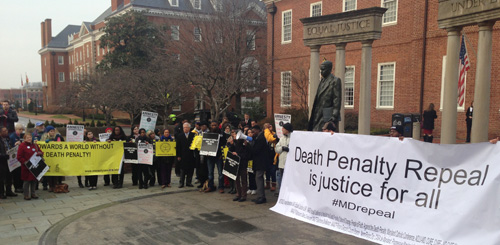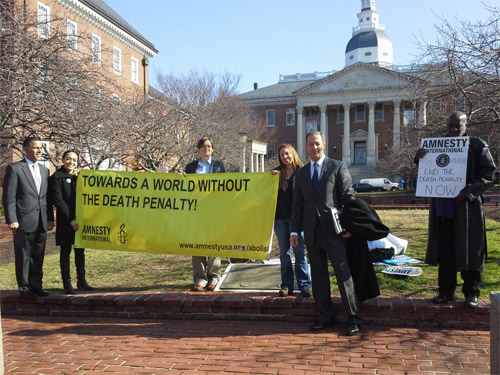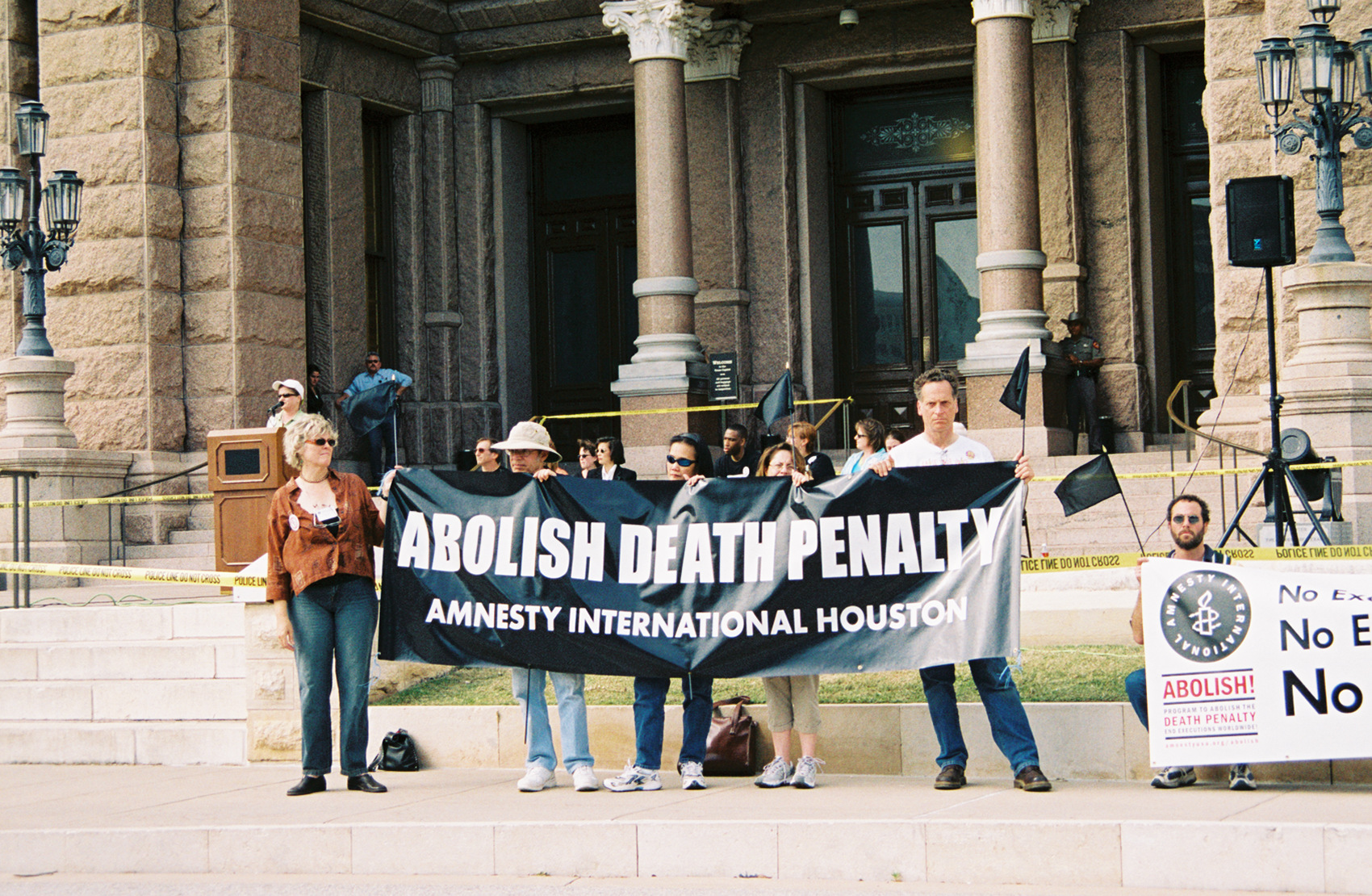
Today the Maryland House of Delegates followed the lead of the state Senate and passed the death penalty repeal bill. The bill now goes to Governor Martin O’Malley who almost certainly will sign it, making Maryland the 18th state to abandon capital punishment (Photo Credit: Marvin Joseph/The Washington Post via Getty Images)
Today the Maryland House of Delegates followed the lead of the state Senate and passed the death penalty repeal bill. The bill now goes to Governor Martin O’Malley who almost certainly will sign it, making Maryland the 18th state to abandon capital punishment, and the 6th state in 6 years to join the abolition club.
This culminates a decades-long campaign, stretching back to the 1980s, in which Amnesty International – in coalition with other groups – has always played an integral part. For me personally, it caps 6 years of thoroughly meaningful and rewarding work with a terrific collection of Amnesty staff and activists and coalition partners.






 When
When